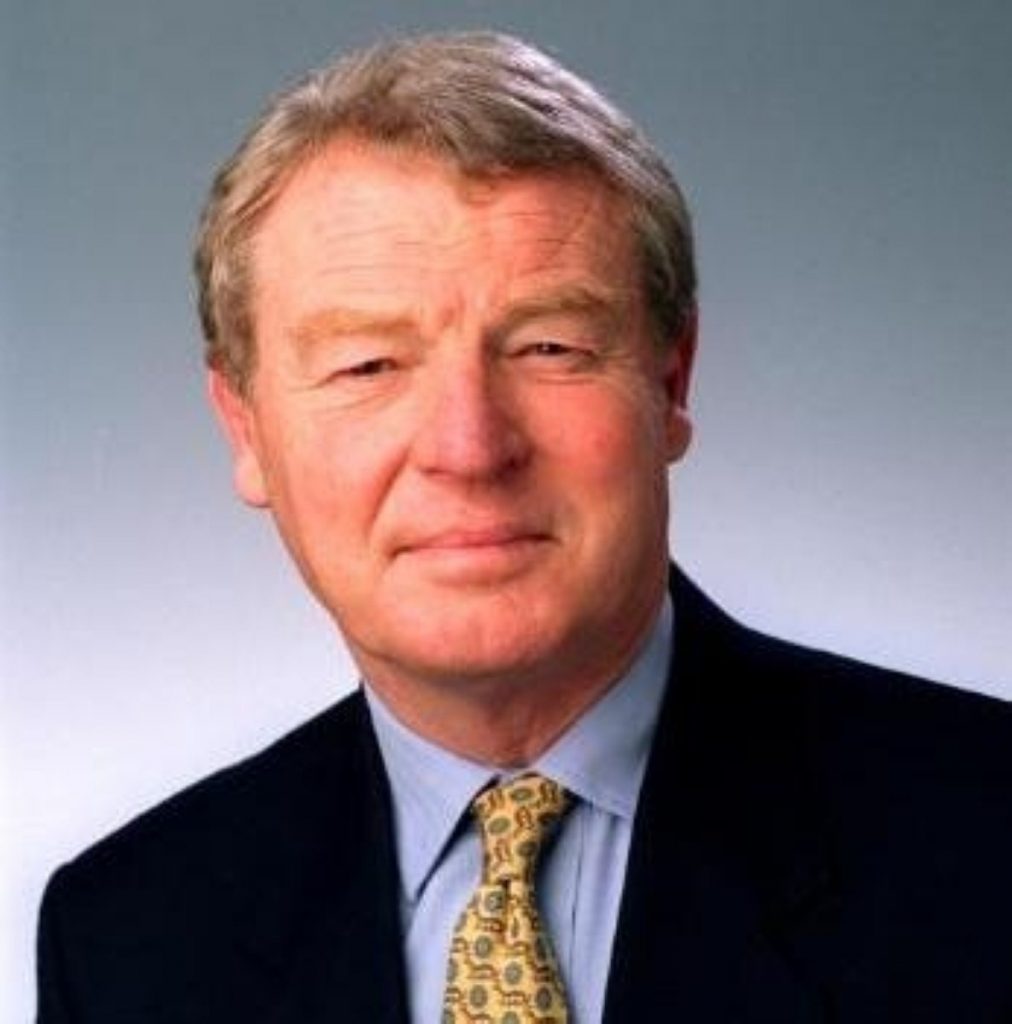Ashdown: US moving away from Europe
By Alex Stevenson
Europe will be less important for Barack Obama than it has been to any American president in the past, Paddy Ashdown has claimed.
Speaking as prime minister Gordon Brown addressed a joint session of Congress, the former Liberal Democrat leader told MPs and peers in Westminster Europe faced a US with “different priorities” in the future, with its eastern axis as important as its western axis.
Although Mr Brown was the first European leader to visit the White House he was not the first foreign statesman: Japanese prime minister Taro Aso beat him to it last month.


And Lord Ashdown argued this reflected the US’ strong ability to shift its international stance pragmatically.
“The US is going to find other priorities. We are not going to be so high in the pantheon [of US interests],” he told the meeting of the all-party transatlantic and international security group. “We’re going to have a much more mature relationship with the US.”
The former high representative for Bosnia and Herzegovina explained the world’s increasing interdependence meant it was up to governments to move on to the global stage as best they could.
“Our capacity to move through that period will be measured by attempts to create international institutions,” he continued, citing the G8’s expansion to the G20 and the successor-agreement to the Kyoto protocol as examples of this process.
With an increasingly assertive Russia, a growing China and a shift in the economic balance of power to the Pacific rim countries, Lord Ashdown argued the European Union needed to respond by strengthening its institutions.
He warned this was not happening at present. “The big word you hear about Europe today in Washington is the f word – feckless. They think we can’t get our act together.”
He said moves towards a rapid reaction force would only be worthwhile after political agreement on the need for more hard defence in Europe was reached.
And he used Afghanistan as an example of a country where a lack of unity has had devastating effects.
“We are completely frustrated. There is no coordination, no unity.
“The biggest scandal of Afghanistan. is young soldiers’ lives are being wasted because politicians can’t get their act together – not in Britain, but in Afghanistan.”
By responding to a world where friendship with the US has to be shared with more countries, Lord Ashdown argued, the need to respond to the increasingly multipolar world was clearly reflected in what he called ‘Ashdown’s law’.
This was: “The most important part of what you can do is what you can do with others.”

